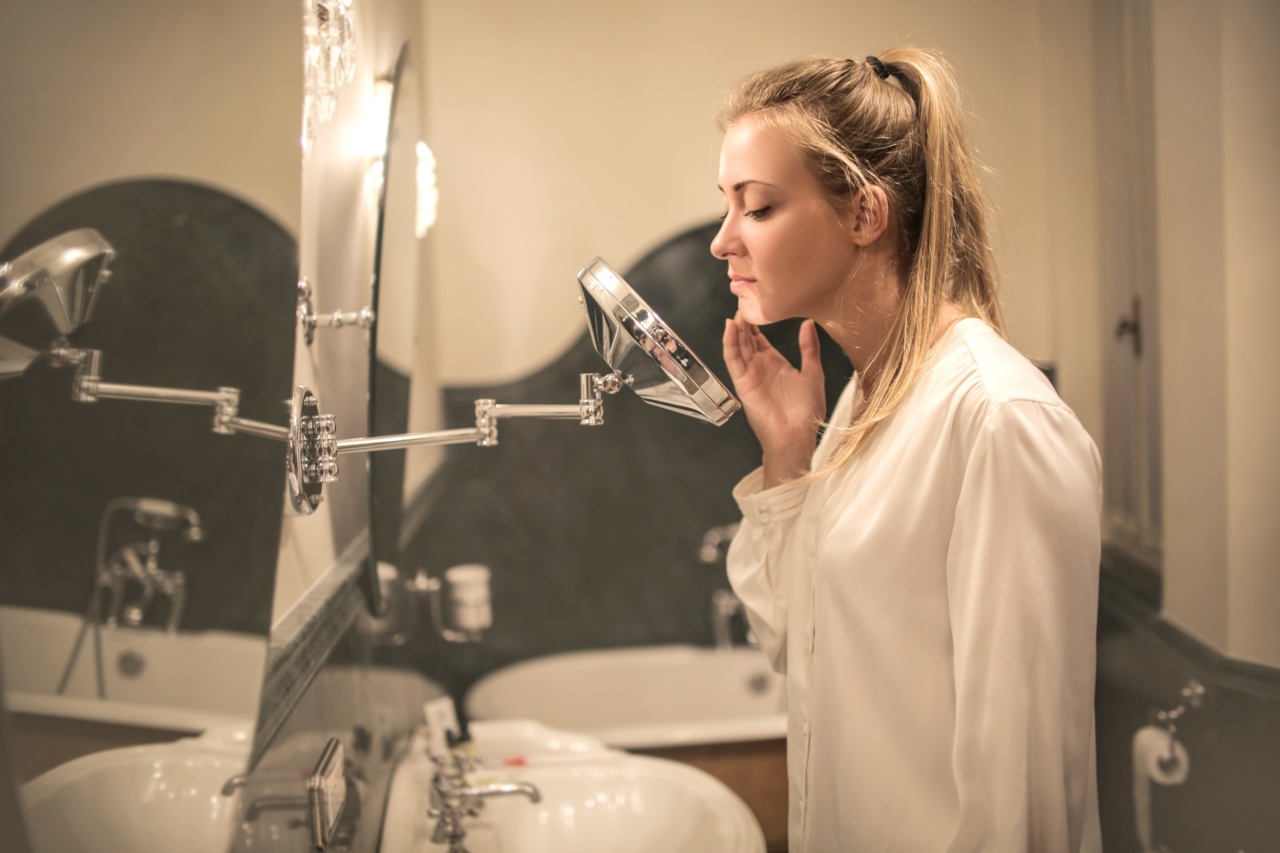Sensitive skin can be a frustrating condition to deal with, as it is often prone to irritation, redness, and discomfort. But with the right skincare routine and a few lifestyle changes, you can effectively manage and care for your sensitive skin.
In this ultimate guide, we will discuss everything you need to know about taking care of sensitive skin.
Understanding Sensitive Skin
Before diving into the skincare tips, it is crucial to understand what sensitive skin is and what causes it. Sensitive skin is characterized by a heightened reaction to certain external and internal triggers.
These triggers can vary from person to person and may include allergens, environmental factors, certain ingredients, stress, hormonal changes, and more.
Identifying and Avoiding Triggers
The first step in caring for sensitive skin is identifying and avoiding the triggers that cause irritation. Keep a diary of the products you use and any reactions you notice to pinpoint potential allergens or irritants.
Common irritants include fragrance, alcohol, certain preservatives, and harsh chemicals. Once you identify these triggers, make sure to check product labels and steer clear of any ingredients that may cause a negative reaction.
Gentle Cleansing is Key
Avoid using harsh soaps and cleansers that strip away the natural oils of your skin. Opt for gentle, non-comedogenic cleansers that are specifically formulated for sensitive skin.
Look for products that are free of fragrances, dyes, and other potential irritants. When washing your face, use lukewarm water instead of hot water, as hot water can exacerbate skin sensitivity.
Moisturize Regularly
Moisturizing is essential for all skin types, but particularly for sensitive skin. Choose a moisturizer that is fragrance-free, hypoallergenic, and non-comedogenic.
Look for ingredients like ceramides, hyaluronic acid, and glycerin, which help replenish and retain the skin’s moisture barrier. Apply your moisturizer gently onto clean, damp skin, both morning and night.
Protect Your Skin from the Sun
Sun protection is crucial for sensitive skin, as exposure to the sun’s harmful UV rays can worsen sensitivity and lead to further skin damage. Use a broad-spectrum sunscreen with an SPF of 30 or higher every day, even on cloudy days.
Opt for physical sunscreens that contain ingredients like titanium dioxide or zinc oxide, as they are less likely to cause irritation.
Be Mindful of Exfoliation
Exfoliation can be beneficial for removing dead skin cells and promoting a smoother complexion. However, individuals with sensitive skin should approach exfoliation with caution.
Avoid harsh physical scrubs or exfoliants that can cause micro-tears in the skin. Instead, opt for gentle chemical exfoliants with ingredients like alpha-hydroxy acids (AHAs) or beta-hydroxy acids (BHAs). Start with a lower concentration and gradually increase frequency if your skin tolerates it well.
Avoid Overstimulating the Skin
Overstimulating the skin can trigger sensitivity and exacerbate existing issues. Avoid using hot water, as mentioned earlier, and pat your skin dry gently after cleansing or showering.
Refrain from using excessively hot or cold water while washing your face or showering. Additionally, try to minimize the use of heat styling tools on your hair, as the heat can worsen skin redness and irritation around the hairline.
Choose Makeup and Skincare Products Wisely
When it comes to sensitive skin, it is crucial to choose cosmetic and skincare products with care. Opt for non-comedogenic, fragrance-free, and hypoallergenic products that are specifically formulated for sensitive skin.
Look for labels that state the product has been dermatologist-tested or approved for sensitive skin. Perform patch tests before introducing new products to make sure they do not trigger any adverse reactions.
Be Mindful of Your Diet
While skincare products play a significant role in caring for sensitive skin, it is essential to address the issue from within as well. Certain foods can exacerbate skin sensitivity and redness.
Pay attention to your diet and try to identify any specific triggers. Common culprits include spicy foods, alcohol, caffeine, and processed foods. Incorporate antioxidant-rich fruits and vegetables, omega-3 fatty acids, and plenty of hydration to help support healthy skin.
Manage Stress Levels
Stress can have a considerable impact on your skin health, including sensitive skin. Practice stress management techniques such as meditation, deep breathing exercises, yoga, or engaging in activities that help you relax.
Incorporating regular physical exercise and ensuring adequate sleep can also contribute to overall skin health.
Consult with a Dermatologist
If your sensitive skin continues to be a persistent issue despite following a proper skincare routine, consider consulting with a dermatologist.
A dermatologist will be able to assess your skin condition, identify any underlying causes or conditions, and provide personalized advice and treatment options.
Conclusion
Caring for sensitive skin requires a gentle and mindful approach. By identifying triggers, using appropriate skincare products, protecting your skin, and adopting a healthy lifestyle, you can effectively manage and care for your sensitive skin.
Remember to be patient and consistent with your skincare routine, as it may take time to find the right products and techniques that work best for your skin.































